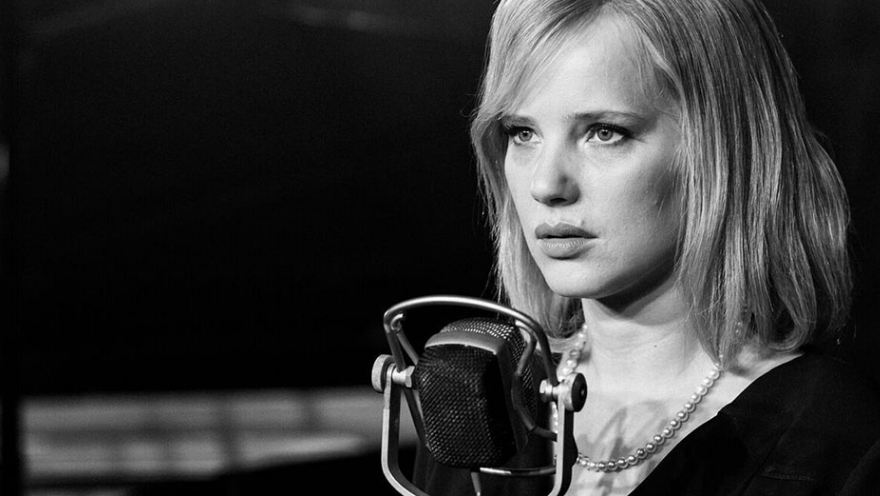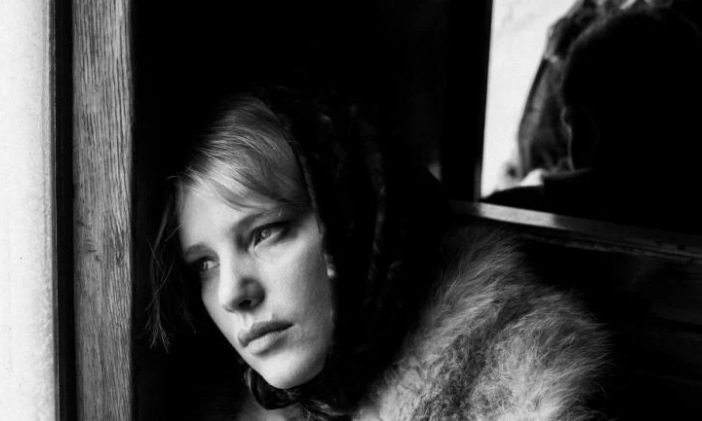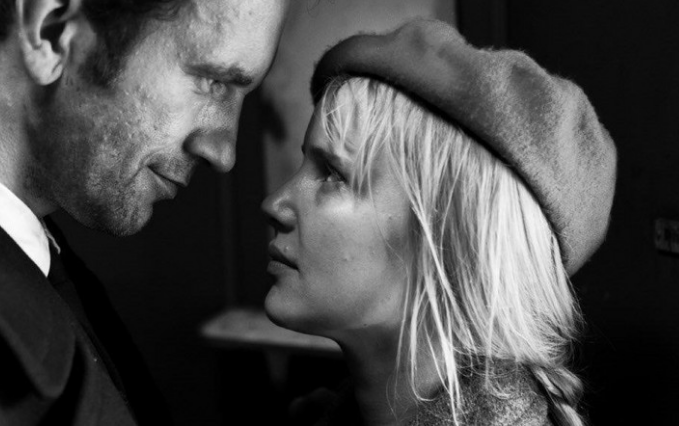Director Pawel Pawlikowski has an interest in the aftermath of World War II and its lingering effects on the Polish psyche. In Ida, his 2013 masterpiece that won the Oscar for best foreign language film, he considered the wartime crimes and compromises of a Jewish judge, whose niece was hidden from her heritage and raised in a convent.
In his new film, Cold War, which won him best director at Cannes, Pawlikowski turns to the compromises made and escaped from when Poland was under the thumb of post-war Communism. He shoots in black and white, but the issues he explores are anything but.
Cold War examines the decades following the war through a superficially cheerier lens. This is a love story between a gifted musician, Wiktor (Tomasz Kot), and the singer he takes under his wing, Zula (Joanna Kulig), as the country rebuilds in 1949. He identifies her from a group auditioning for a musical troupe that is going to celebrate Polish heritage by performing peasant songs. As time passes, the apolitical ideals of this group are twisted by the state, which wants to make the singers an extension of the Communist apparatus, celebrating Josef Stalin rather than Polish commonfolk.
The film skips forward at intervals of approximately two years, following Wiktor and Zula as they escape to Paris, materialize in different musical gigs with differing purposes, and attempt to maintain their romance. When the prevailing political climate is not throwing up obstacles, then they’re creating them for themselves, as discontentment and disenchantment set in. There’s a place out there for these star-crossed lovers, but it may be in the only place they cannot return, the home country they fled illegally.
Whereas Ida has an unmistakeable immediacy, the power of Cold War is more of the creeping variety. In both films Pawlikowski demonstrates an enviable economy, as neither film surpasses the 85-minute mark. That’s pretty rare among non-commercial filmmakers, who seem to figure they might as well indulge themselves on the length since they’ve got a select audience to begin with.
Pawlikowski reminds us that when your medium is primarily visual, you can and perhaps should be succinct. The black and white cinematography, shot by Lukasz Zal, is so beautiful that it brings a depth that others might try to achieve through length.
A sterling example of filmmaking, Cold War does frustrate at times. Cinema is lousy with characters who make their own problems, but that doesn’t make them any less trying. Wiktor and Zula evade genuine oppression and danger to their person, only to grow restless with the seemingly idealised bohemian life they’ve established in Paris. Today’s refugees should consider themselves so lucky. Perhaps inevitably, we fail to become as invested in these two people as we should be.
It’s undoubtedly a personal story, though, as Pawlikowski dedicates the film to his parents in the closing credits. The Polish identity was shaken by World War II, and not until the late 1980s did the country begin to wrestle that identity back from the Communists.
Pawkilowski’s parents were in the thick of that and he himself, born in 1957, would have lived through these tumultuous times. In fact he had to emigrate to London at age 14, in what he thought was a holiday.
Cold War is a marvel of the moving image and it engages heady themes. Still, it’s a little less than the sum of these parts. It also suffers from the fact that Ida, its predecessor, is so exceptional. Cold War is a bit less exceptional, but still well worth seeing – and MIFF has created another opportunity to see it by announcing an encore on Saturday, August 18th.


